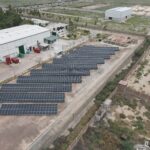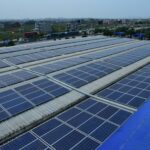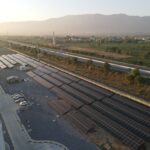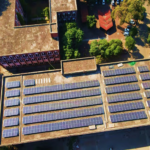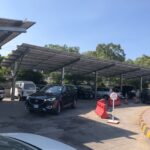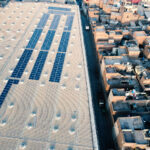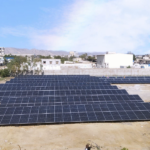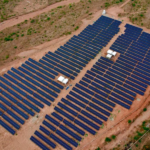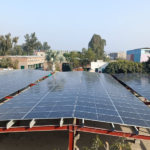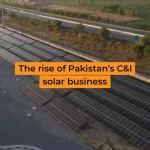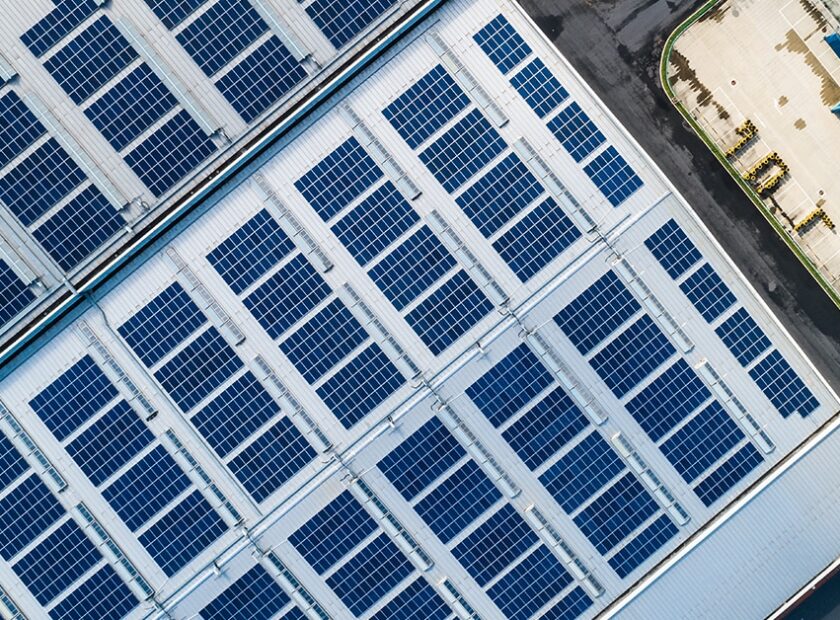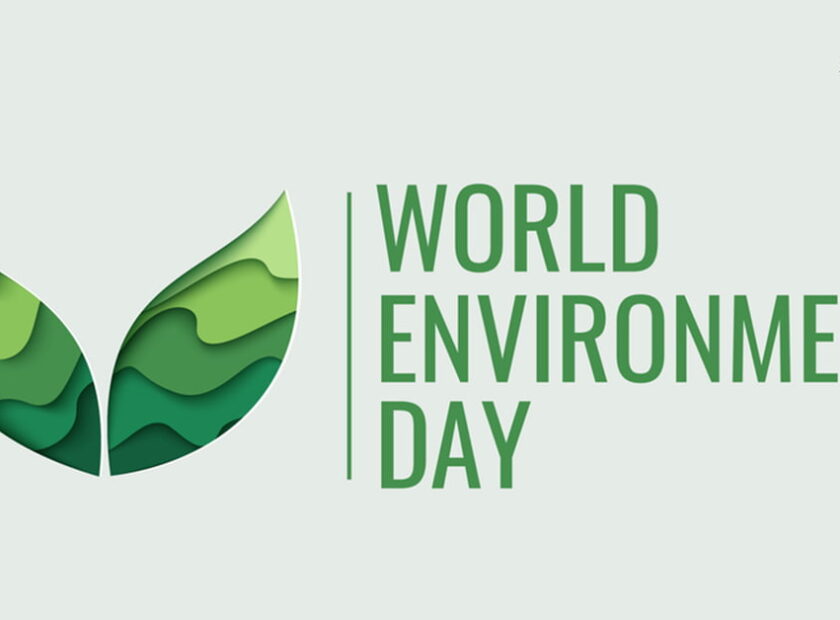Solar energy is a clean and sustainable energy source that emits no greenhouse gases or air pollutants during the generation of power. Adopting solar energy can assist Pakistan in reducing its carbon footprint and combating air pollution, which is a major concern in many of its cities.
The cost of solar technology has steadily decreased internationally, making renewable energy sources more economically viable. Pakistan can capitalise on this trend by investing in solar systems and lowering overall electricity production costs to provide energy to the country.
Why is it ideal for Pakistan to invest in Solar Power
Pakistan’s geographic location is a plus point for solar technology. The country is located at latitudes 23°35′ to 37°05′ N and longitudes 60°50′ to 77°50′ E, an aerial belt that receives a large amount of daylight which can produce around 95% energy during daylight hours (8 to 8.5 hours per day). We also have 185 to 290 sunny days per year.
Receiving all this sunlight all year round, Pakistan has 2.9 million MW of solar power potential, making it a viable source of energy to tap for producing power.
Harnessing solar energy lessens Pakistan’s reliance on imported fossil fuels, which are expensive and volatile on the international market. This improves the country’s energy security by minimising disruptions in the energy supply.
Pakistan’s Solar Energy Market is estimated to increase at a compound annual growth rate (CAGR) of 49.68% from 1.30 gigatonnes in 2023 to 9.77 gigatonnes in 2028.
The Pakistani government has set a few goals such as obtaining 30% of the country’s power from renewable sources by 2030. To fulfil these goals, the government is aiming to build solar-generating facilities across the country through the Alternative Energy Development Board.
Some of Shams successful installations
Shifa International Hospital
Shifa International Hospital has implemented a significant renewable energy initiative by installing rooftop and parking solar panels. With a total capacity of 1 MW, this solar system is seamlessly integrated into the grid, operating as a grid-tied setup.
Tripack Films Ltd
Tripack Films Ltd has undertaken a significant step towards sustainable energy by installing both rooftop and ground-mounted solar panels. With a combined total capacity of 5 MW, this solar installation is seamlessly integrated into the grid, operating as a grid-tied system.
Packages Mall
With a robust total capacity of 3 MW, this solar endeavour seamlessly integrates into the grid, operating as a grid-tied system.
Nishant Hyundai
Nishat Hyundai is pioneering a sustainable energy revolution through its rooftop solar installation. With an impressive total capacity of 2.5 MW, this solar array seamlessly integrates with the grid, operating in a grid-tied configuration.
Initiatives and collaborations taken by Pakistan’s Government
The Pakistan government has given the green light to the National Solar Energy Initiative, aiming to generate 10,000 megawatts (MW) of electricity through solar projects. This initiative targets cutting down the import costs of diesel and furnace oil. It seeks to transition government buildings and tube wells to solar power, while also partially replacing power plants running on diesel, coal, and furnace oil. Notably, Pakistan’s President House has already shifted to green energy, promoting renewable energy adoption since 2021.
Furthermore, within the framework of the China Pakistan Economic Corridor (CPEC), considerable investments are earmarked to promote clean energy sources, including various renewable energy projects. Among these endeavours is a significant 1,000MW solar project.
The Quaid-e-Azam solar park represents a pivotal collaboration between the Pakistani government and foreign partners, notably China, resulting in the establishment of a 100MW solar capacity in Bahawalpur City.
Moreover, the Japan International Cooperation Agency (JICA) has played a crucial role in constructing a 365W solar facility, amplifying interest and investment in solar energy initiatives. Consequently, the Alternative Energy Development Board (AEDB) has extended letters of intent to twenty-eight enterprises, totaling a capacity of 956.52 MW, further bolstering Pakistan’s solar energy landscape.
Such initiatives have spurred numerous solar energy firms in Pakistan to actively
address the disparities between energy supply and demand in the commercial and industrial sectors (C&I). Solar infrastructure such as rooftop installations, carports, and ground-mounted systems are further enabling diverse installation opportunities for enterprises of all kinds.
Shams Power: Leading Solar Energy Provider
In its journey spanning over half a decade, Shams Power takes pride in successfully operating 30+ MW of distributed solar projects for many renowned corporations of Pakistan, efficiently utilising their rooftop, carport, and ground areas. As part of our growing client portfolio, we effectively serve large Retail, Wholesale, Food Processing, Educational, Automobile, Hospital, and Manufacturing industries all over Pakistan.Our valued clientele includes METRO Cash & Carry Pakistan, Coca-Cola, Mondelez, Hyundai Nishat Motors, Packages Mall, AkzoNobel, Shifa Hospital, Government College Lahore (GCU), Hilal Foods, and many more.
We provide you with an end to end solar solution. We specialise in rooftop solar power plants for building rooftops, car parks, and open spaces within the premises on Build Own Operate Transfer (BOOT) basis and are an end-to-end solution provider – including design, engineering, procurement, construction, monitoring, and maintenance.
Are you considering Solar PPA to become energy independent? Click here and contact your expert.[/vc_column_text][/vc_column][/vc_row]



